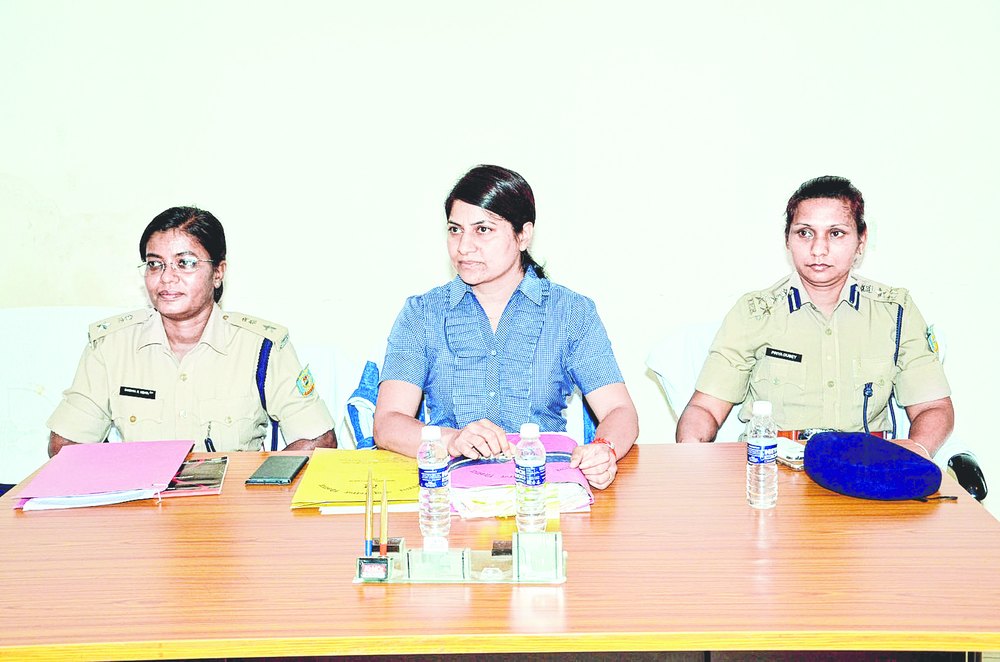
Jharkhand police have embarked on a brainstorming exercise to minimise problems faced by women in uniform, a first step to ensure women-friendly policing.
It was with that in mind, police headquarters constituted a three- member committee on Monday to look into problems faced by women cops at that workplace and submit suggestions for improvements with gender-based infrastructure upgrades.
The committee, constituted under the aegis of IG CID Sampat Meena and comprising DIG rail Priya Dubey and JAP 10 commandant Sandhya Mehta, held its first meeting on Monday to seek suggestions from a battery of around 70 policewomen across ranks.
Lack of sufficient toilets for women cops was the most common complaint, said Meena, adding that the other pertinent issues that came included improper barracks and issues of child care while on duty. The IG explained the reasons behind the initiative.
"Soon, mass recruitment is scheduled to take place in the state police force and this time, we will be following full 33 per cent reservation policy. So, it was felt that there was a need for a proper gender policy. Therefore, state DGP wanted us to first dwell on the issues facing police women to be able to address them better," Meena told The Telegraph.
The IG said after Monday's consultations, many more interactive sessions would be held. The committee planned to submit a "to-do" report within the next 15-20 days for police headquarters to act.
"It's time we have a regulated structure and incentive-based policy for work and family life balance for women cops. As of now, everything is general in nature. What suits men may not necessarily suit women. Irrespective of the job/profession you are in, separate approach for men-women is a must," Meena said.
For example, she cited times when policewomen were assigned duty at night or odd hours. "Those with children find it difficult to manage. There isn't any crèche facility for us. So, how do we tackle such situation," she asked.
Also, the condition of barracks for women weren't good at all.
Meena also mentioned how training and orientation for policewomen needed to change for the overall good. "For example, what's her life after eight-10 years of work? When one is young, one can work and slog but what after that? So, there has to be some defined parameters for assigning job profiles to women police," she explained.











